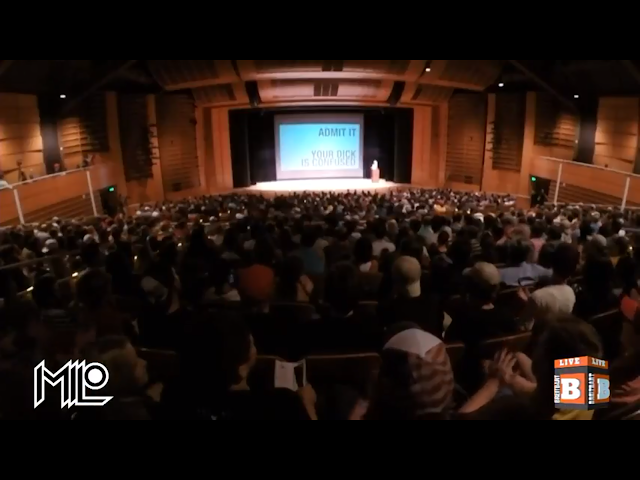The Brain Game
Professor Keith Whittington (Politics, Princeton) has written a book defending the importance of free speech on American university campuses, which Princeton plans to send out this fall to its incoming students.
In Professor Whittington’s words:
In Professor Whittington’s words:
The right to free speech is not an extrinsic value to a university that has to be imposed by outside forces to serve ends that have no immediate connection to the goals of higher education itself. Rather, the value of free speech is closely associated with the core commitments of the university itself. The failure to adequately foster an environment of free speech on campus represents a failure of the university to fully realize its own ideals and aspirations. Sacrificing speech subverts the very rationale for having a university and hampers the ability of universities to achieve their most basic goals. If we value what universities do and the role they play within American society, then we must likewise value free speech in universities.Nor is it just academic freedom—the freedom of the faculty and students to engage in unfettered speech—that is at stake:
Universities have long offered an arena in which students and visitors engage with and advocate for ideas. Those debates are often boisterous and freewheeling. They reflect the chaos of American democracy rather than the decorum of the seminar room. What holds those two worlds together is a common commitment to taking ideas seriously, to exploring the unconventional and the unexpected, to examining critically what we might otherwise take for granted, and to holding accepted truths up for challenge and reconsideration. If universities are to be a space where ideas are held up to critical scrutiny and our best understanding of the truth is identified and professed, then dissenting voices must be tolerated rather than silenced, and disagreements must be resolved through the exercise of reason rather than the exercise of force.Except, of course, when it is “dissenting voices” like Milo speaking:
There is a temptation to press up against the boundaries of free speech just for the sake of pushing boundaries. There are sometimes benefits to doing so, but often such activities just stir controversy with little promise of compensating gain. No doubt stirring controversy can sometimes be fun, and it can certainly attract an audience, perhaps disproportionately from the college-age demographic. Many have taken advantage of that fact over time, and some have provided more insight while doing so than others. Comedians like Lenny Bruce, George Carlin, and Andrew Dice Clay, “shock jocks” like Howard Stern, performance artists like Karen Finley, professional provocateurs like Milo Yiannopoulos and Ann Coulter, pornographers like Larry Flynt, satirists like the artists and writers for Mad magazine and Charlie Hebdo have entertained and excited their fans by being self-consciously offensive.
By defying conventions of polite society and holding sacred cows up for ridicule, they make a point and tear down barriers, but such efforts often come at a cost. Civil libertarians often find themselves defending such provocative figures in order to hold the line on a zone of permissible free speech and to disempower the censor, but it would be a mistake to celebrate them as heroes. Free speech is not defended for the benefit of provocateurs; they are parasitic on free speech. When free speech principles are challenged, they must be defended, but it would be a mistake to reduce free speech to a defense of provocateurs. Though it might be tempting to provoke free speech battles by inviting shocking figures to campus, there is in general little reason for doing so. Those are cheap thrills.
If free speech battles are to be had, they are better fought for prizes worth taking. The payoff for insisting that a university respect the equal right of all students to organize, advocate, and explore ideas should be something more substantively valuable than a campus visit by Milo Yiannopoulos.So there. If Milo has trouble getting invitations to speak on college campuses, it is his fault—not ours. If only he had something “substantively valuable” to say....
Reference: Keith E. Whittington, Speak Freely: Why Universities Must Defend Free Speech (Princeton: Princeton University Press, 2018), 6-7, 130-31.















